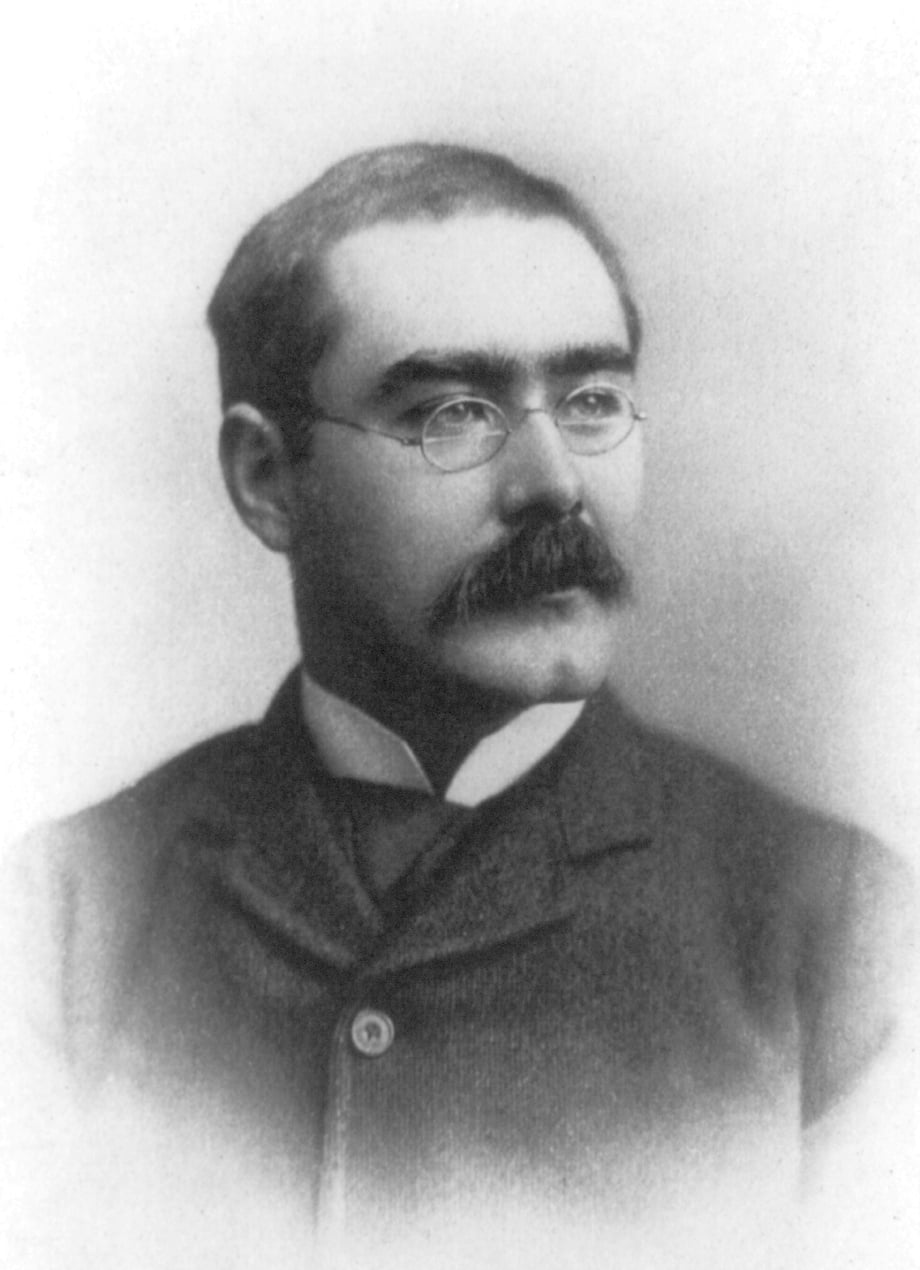'Are your glasses all charged in the West and the South?' the Worshipful Master cried!
'All charged in the West'
'All charged in the South'
Wardens' prompt reply.
Then to our final toast tonight, our glasses freely drain,
Happy to meet, sorry to part, happy to meet again.
The mason’s social brotherhood around the festive board,
Reveals a truth more precious far, than any miser’s hoard.
We freely share the bounteous gifts, that generous hearts contain,
Happy to meet, sorry to part, happy to meet again.
We meet as masons free and true, and when our work is done,
The merry song and social glass is not unduly won.
And only at our farewell pledge is pleasure mixed with pain,
Happy to meet, sorry to part, happy to meet again.
Amidst our mirth we drink to all poor masons o'er the Earth,
On every shore our flag of love is gloriously unfurled.
We prize each Brother, fair or dark, who bears no moral stain,
Happy to meet, sorry to part, happy to meet again.
We Masons prize that noble truth, the Scottish peasant told,
That rank is but a guinea stamp: The man himself the gold.
We meet the rich and poor alike, the equal rights maintain,
Happy to meet, sorry to part, happy to meet again.
Dear brethren of the mystic tie, the night is waning fast,
Our work is done, our feast is o'er, this toast must be the last.
Good night to all, once more good night,
again that farewell strain,
(Response)
Happy to meet, sorry to part, happy to meet again.
The very first recorded instance of Tyler’s Toast in Freemasonry is believed to be from Laurence Dermott’s “Ahiman Rezon,” published in 1756. The “Book of Constitutions” of that time often included many pages of Masonic songs, which members likely engaged in singing after Lodge meetings. The toast is not part of any Masonic ritual but is a cherished tradition that adds to the overall ceremony, with its form or wording varying somewhat from jurisdiction to jurisdiction1. It’s a toast that has been cherished and preserved throughout the years, symbolizing the close bonds between Masons.
Rudyard Kipling’s connection to the Tyler’s Toast is a bit of a Masonic legend. While Kipling was indeed a Freemason, the specific date when he might have written a version of the Tyler’s Toast is not well-documented. The toast itself predates Kipling, with the earliest recorded instance being from 1756. However, Kipling’s lifetime (1865-1936) and his known works do not include a definitive version of the Tyler’s Toast attributed to him. It’s possible that Kipling may have recited or written a version of the toast, as he was known to have written other Masonic poems and works, but a specific date or text directly linking Kipling to the Tyler’s Toast is not readily available in the historical record
